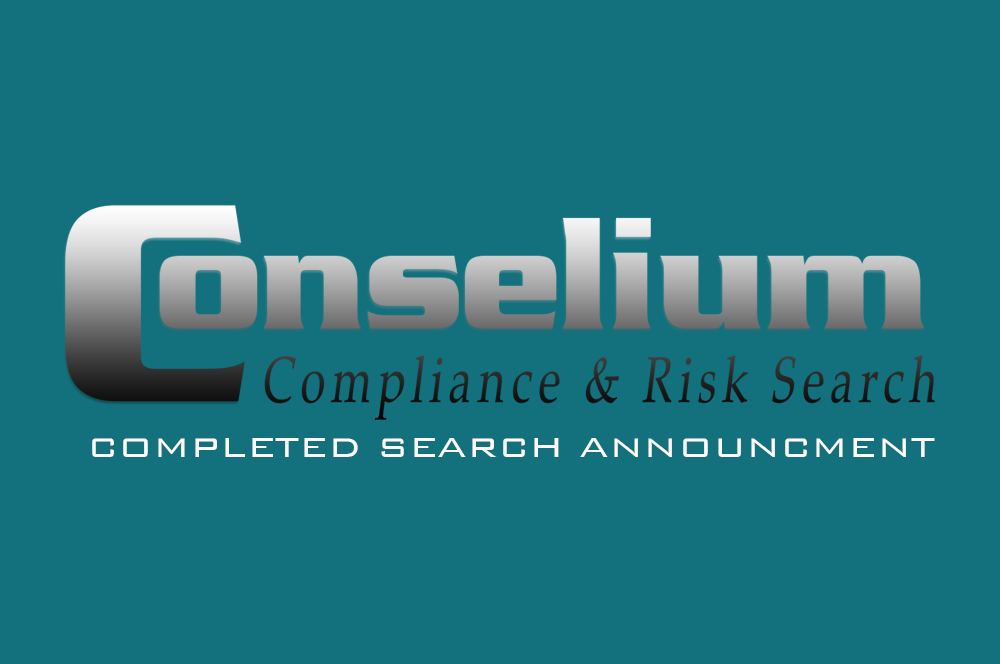A major headache for retailers, payment processors and financial institutions transitioning to the new PCI DSS 3.0 standard is communicating some 100 new requirements to their work-force.
Delivering key policies to employees across the globe is critical to achieving consistent world-wide compliance.
The new requirement took effect in 2014, but organisations were able to postpone implementation until 1 January 2015, allowing time to establish and execute the security controls and procedures required to meet the new standard.
Given the high volume of major data breaches last year, including retail chain Target in the US, the new regulation appears to have come not a moment too soon.
Maintaining credit and debit card information on behalf of financial services organisations demands the highest levels of security and customer confidence, and adhering to standards like PCI DSS 3.0 plays a crucial role in this.
Cybercrime is a major threat to all organizations, at risk from both sides by hackers and trusted insiders. A secure environment makes customers feel more comfortable to do business with certain merchants and security breaches can cause corporate profits to plummet.
The new requirement raises the bar for security by encouraging a structured, predictable, and continuous approach, and a higher baseline of defense against intrusions.
Its requirement applies to any entity involved in credit card processing, including merchants, processors and service providers that store, process or transmit cardholder data. In other words all companies – large or small – that take credit card payments from consumers or helps facilitate transactions.
Until now organisations only encrypted when they were forced to protect data under compliance requirements or in industries where protecting secrets was imperative.
But the days of a simple “box checking” exercise and ensuring once a year that a business is adhering to its stipulations, have long gone.
Businesses handling payment data and sensitive, personally identifiable data now need to put encryption, granular access control and data access monitoring in place.
PCI DSS 3.0 reduces the risk of attack by limiting who, what, when, where and how data can be accessed, and supervises those that need-to-know by observing their data access patterns for behaviour that may indicate an attack is taking place.
But while implementing PCI DSS 3.0 is one thing, ensuring staff have read, understood and signed up it up to its full set of requirements is quite another.
Isabel Bardsley-Garcia, QSA and PCI practice lead for AT&T Consulting Solutions warns that organizations have been caught off guard by the “the huge growing pains” that come with transitioning to PCI DSS 3.0.
She says that while changes affecting passwords, penetration testing and third-party service providers were among the most notable changes when PCI DSS 3.0 was released, the change to have the most profound effect on AT&T clients is new mandates requiring documented security policies and procedures.
PCI DSS 3.0 not only requires organisations to develop documented operational securities policies and procedures, outlining how DSS guidelines are implemented and enforced but dramatically expands on what was previously a pair of short sub-requirements, adding new policy and procedure requirements to each of the other 11 requirement sections.
Bardsley-Garcia warns that while organizations can outsource management of systems and date they can’t outsource the liability in the event of a breach. She says: ‘PCI DSS 3.0 dramatically increases the amount of preparation and paperwork for an organization before a QSA even sets foot on site for an assessment.
‘Not only do you have to have a documented policy and procedure but those who are responsible for those actions also need to actually know that the procedures and policies exist and have knowledge of them.’
‘There are so many times a QSA arrives to conduct an interview and the firewall administrator, for example, has no idea of what is being asked of them because they are not versed in the PCI DSS 3.0.’
Jeremy Crame, CEO, Hitec says: ‘In a world fraught with identity theft and cybercrime, it’s more important than ever for companies to implement PCI DSS 3.0 and protect their customers’ credit card information. However, this standard is rendered useless if its requirements are not understood and signed up to by employees.
‘Organizations are increasingly looking to technology to manage the demands of adhering to new compliance requirements and ensuring they are communicated effectively to employees. The best strategy for ensuring compliance with PCI DSS 3.0 is to integrate PCI compliance activities into year-round IT security management processes.’



 Jeremy Crame has over 30 years of Sales and Senior Management experience within the Computing Industry. He co-founded Hitec and remains primarily involved with Business Development activities.
Hitec develop, implement and support software solutions that assist organisations to reduce cost, improve efficiency, reduce risk and ensure compliance with regulations.
Jeremy Crame has over 30 years of Sales and Senior Management experience within the Computing Industry. He co-founded Hitec and remains primarily involved with Business Development activities.
Hitec develop, implement and support software solutions that assist organisations to reduce cost, improve efficiency, reduce risk and ensure compliance with regulations.






